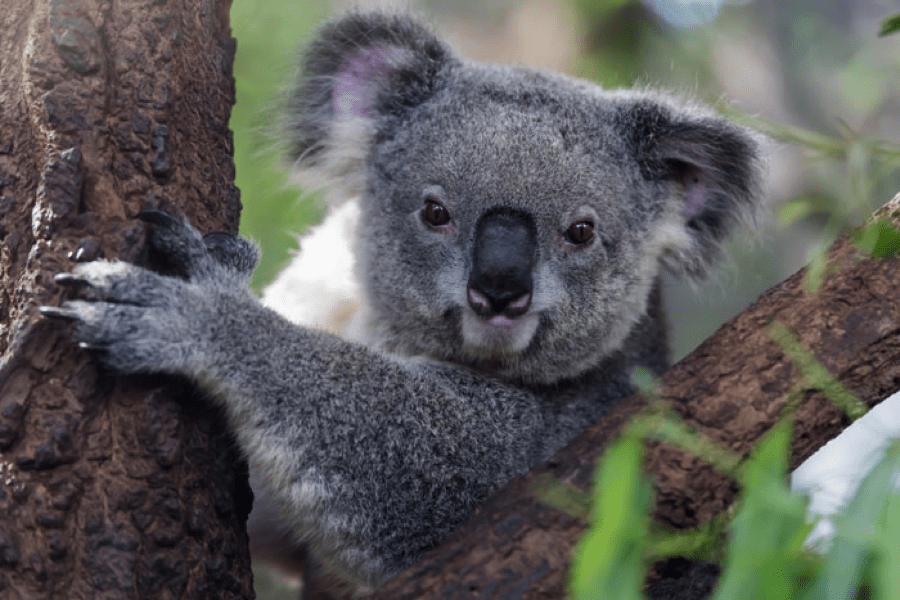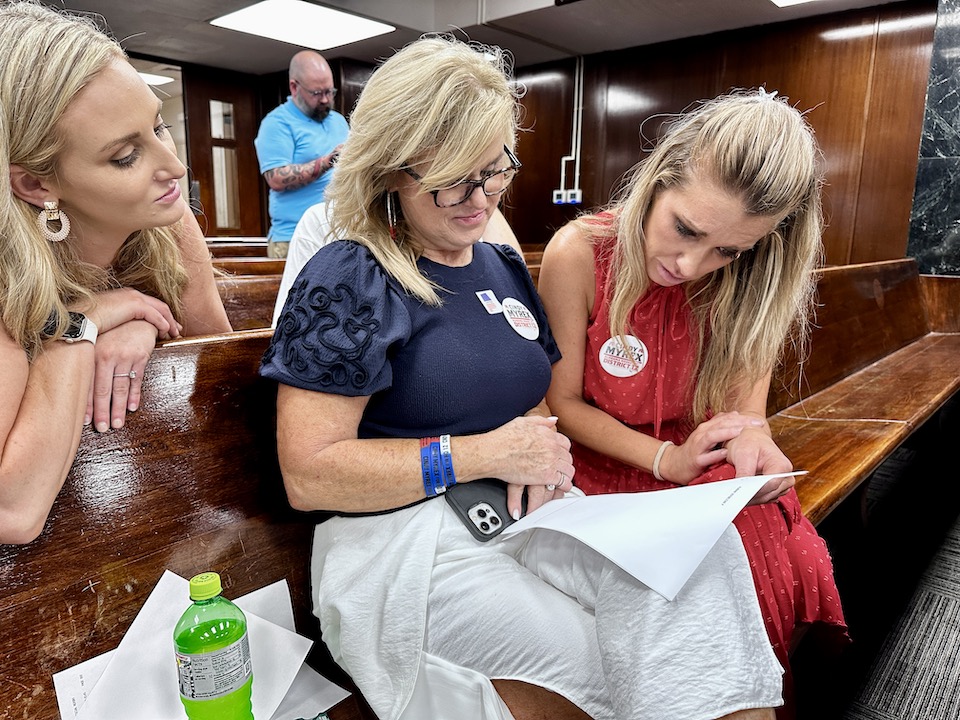Rent-A-Koala
Published 11:00 am Sunday, October 30, 2016

- Koala
Scientists estimate that species are going extinct at a rate that’s between 1,000 and 10,000 times higher than the natural extinction rate. This is on par with other mass extinctions our planet has faced, like the one that finally killed the dinosaurs. This time humans, instead of an asteroid, are responsible for the destruction. The number of endangered species threatened with extinction is estimated to be around 17,000, and that’s only the species we know about. And that number is growing from year to year.
Australia in particular has been the home of a lot of extinct species, which is particularly tragic since the continent has such a unique ecology.
Trending
A recent proposal offers an interesting potential solution: privatizing conservation. Since the amount of money set aside by the government for conservation hasn’t been adequate to combat the growing number of endangered and extinct species, turning to private citizens, community groups and investors might be a way to increase wildlife and suitable habitats.
George Wilson, an ecologist of the Australian National University, published a paper on the topic earlier this month in “Conservation Letters.” In their proposal, Wilson and his two colleagues argue that, in certain other countries, private ownership and responsibility over wildlife has caused that wildlife to thrive, particularly with regard to iconic and valuable species.
Instead of charging the government with protecting wildlife, private landowners or community groups could purchase threatened populations and invest resources into making them grow and thrive, as well as restoring degraded habitats. They could make money by selling or leasing individual animals to other owners to start or grow their group of endangered species. In this way, there would be an economic as well as ecologic incentive to increase the numbers of endangered individuals. They could also choose to benefit from wildlife tourism.
“The role of governments would be to regulate the leasehold arrangements and any animal welfare issues, rather than be sole managers of wildlife,” said Wilson.
Not all scientists agree this approach will help endangered species, however.
“The idea of putting endangered species into a sort of a market trade dynamic is, on the whole, a little bit frightening,” said conservation biologist Holly Jones of Northern Illinois University. “What happens when the market for an endangered species tanks for whatever reason? And we don’t have a market incentive to save it anymore?”
Trending
“In a perfect world, if individuals could take care of endangered species and they could survive and persist, that would be great. But I don’t think we live in that world,” said Jones. “I think what it is, is a sad commentary on how underfunded conservation is.”
Even if this proposal does not gain the approval it needs for it to be implemented, perhaps its existence and the support it’s gained in Australia could lead to some governmental conservation policy reform.
© Content That Works





